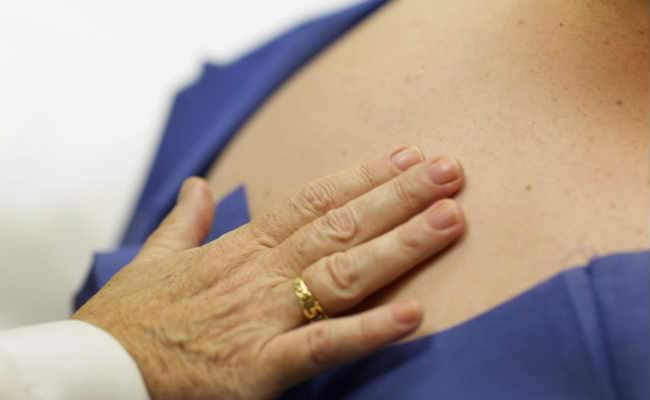
The drug, referred to as HA15, reduces the viability of cancer cells with out being toxic for ordinary cells. (document photo)
LONDON: Scientists have synthesised a brand new drug that they are saying can treat melanoma, a fairlyaggressive form of pores and skin cancer.
The drug, referred to as HA15, reduces the viability of melanoma cells with out being poisonous forordinary cells.
cancer influences melanocytes, the cells chargeable for the synthesis of melanin, which offers the pores and skin its color.
There are three tiers of tumour progression: radial boom, in which the cells proliferate in a disorderedmanner in the dermis; the vertical increase segment, which includes invasion of the epidermis, andeventually the metastatic segment, similar to the dissemination of the cancer cells inside the peripheral tissues.
despite the fact that encouraging consequences had been received for treating the metastatic section(the usage of centered treatment options or immunotherapies), maximum sufferers will need extratreatments to prevent the tumour from coming returned, and to save you extra metastases from growing.
The identification of recent drug applicants is therefore an unavoidable detail for the status quo ofeffective biotherapies in opposition to this cancer, the occurrence of which is doubling each ten years.
Researchers led by means of Stephane Rocchi from university of high-quality Sophia Antipolis determineda brand new own family of medication, the Thiazole Benzensulfonamides (TZB), which have usefulanticancer houses.
“to start with this family of medication changed into diagnosed in type 2 diabetes, because it extendedthe sensitivity of cells to insulin,” stated Stephane Rocchi.
“If we wanted to use it in opposition to cancer, we had on the way to cast off this proinsulin hobby. as a result we started to alter its shape,” Stephane Rocchi brought.
After many tries, the initial TZD structure was drastically modified to reap a formulation in which the “lead compound” become referred to as HA15.
The have a look at changed into posted in the magazine most cancers cellular.
